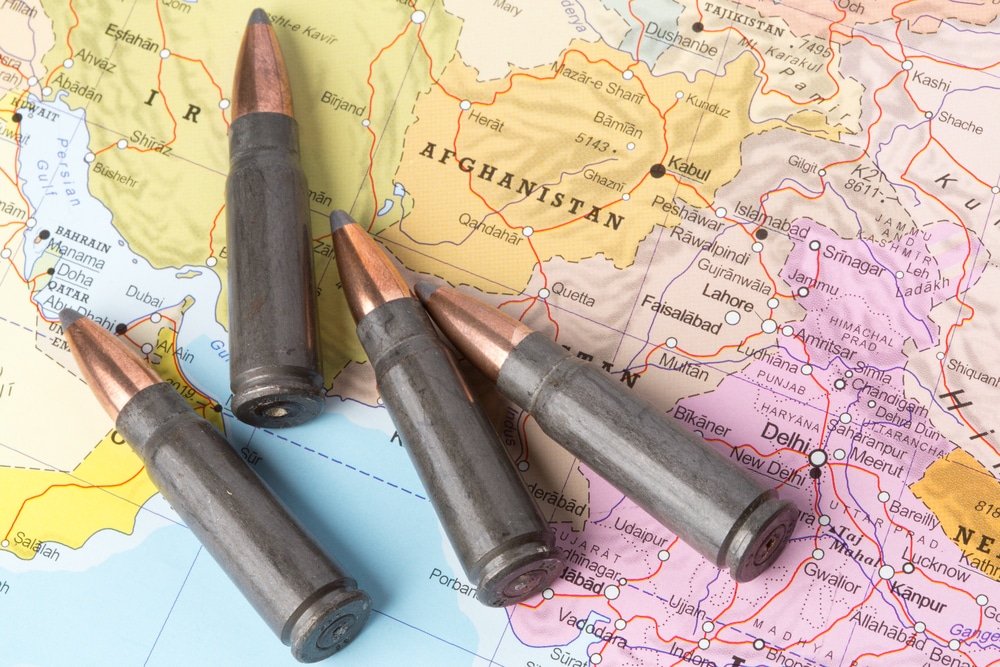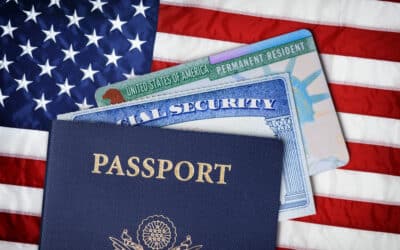Twenty-two years ago today, the Authorization for Use of Military Force of 2001 became law following the attacks of 9/11, allowing the United States to invade Afghanistan that October. That war lasted for two decades and led to an opium crisis, the Taliban maintaining their power, and hundreds of thousands of lives lost.
Despite the devastation the war caused, many argue that it was justified because of 9/11. There is no doubt that Americans were justified in their righteous anger against Osama bin Laden and the rest of al-Qaeda. However, to view this attack as an act of war rather than a crime is misguided.
Immediately, the war developed into a quest to oust the Taliban from power rather than a mission to capture bin Laden. This certainly did not make it easier to capture bin Laden, who was able to slip through U.S. hands.
This story, along with the entire war and its causes and failures, is covered in exceptional detail in Fool’s Errand: Time to End the War in Afghanistan by the Libertarian Institute’s Executive Director Scott Horton.
In fact, going after the Taliban was illogical due to the Taliban having no formal allegiance to al Qaeda.
The Taliban pledged no allegiance to the terrorist group and did not participate in the planning of the attacks. The Taliban had even sent Foreign Minister Wakil Ahmed Muttawaki to warn the United States embassy in Pakistan and the United Nations in July 2001 about an impending attack.
While bin Laden had been in the region for several years, this was not because of the Taliban’s support for the terrorist. They had been trying to find a way to get bin Laden out of the region, meeting with United States officials twenty times prior to 9/11 to discuss bin Laden’s extradition. One representative even went as far as to suggest the United States assassinate bin Laden!
This was not in the name of show; they genuinely wanted bin Laden out of the region. Former CIA station chief Milton Bearden claimed, “We never heard what they were trying to say. We had no common language. Ours war, ‘Give up bin Laden.’ They were saying, ‘Do something to help us give him up.’” Mullah Omar, the Taliban leader, called bin Laden a “chicken bone stuck in his throat, that he can’t swallow or spit out.”
Furthermore, the Taliban attempted to give us bin Laden following 9/11.
After the attacks, the Taliban attempted to negotiate with the United States to hand over bin Laden to avoid any conflict with the United States. The Taliban offered to hand over bin Laden to the Organization of the Islamic Conference (OIC) in exchange for some evidence of bin Laden’s guilt. While these terms seem modest, the George W. Bush Administration did not see it that way and turned down the offer.
After this, the Taliban tried again to negotiate with the United States. This time, they offered to turn over bin Laden to the government of Pakistan in exchange for some evidence of bin Laden’s guilt. This deal was also modest, as it offered the smallest “face-saving for the Taliban regime,” which demand full protection for their guests in honor of their Pashtunwali code. The offer fell apart after the excuse that Pakistan would not be able to guarantee bin Laden’s safety prior to the trial.
After the bombing began, the Taliban tried one last time to negotiate with the United States. The Taliban’s foreign minister, the moderate Mullah Wakil Ahmed Muttawakil, offered to hand over bin Laden to any country outside of the United States for trial in exchange for zero evidence of bin Laden’s guilt. And for a third time, the United States rejected the offer.
As an article from the Guardian stated:
“Now they agreed to hand him over to a third country without the evidence being present in advance,” the source close to the military said…The U.S. administration has not publicly supported the idea of a trial for Bin Laden outside American and appears intent on removing from power the Taliban leader Mullah Mohammed Omar and the hardliners in the regime.
Even if the Taliban had not offered to hand over bin Laden three separate times, the U.S. invasion was not just.
Defining the actions of 9/11 as an act of war instead of a crime garnered critics early on, like author and theologian James Carroll. The scenario should have been a swift, forceful attack instead of the outright war that the United States launched. After all, the men who committed the attacks were not the ones receiving the harsh response. As James Carroll wrote:
“The terrorist attacks of September 11 could have been defined not as acts of war but as crimes. That was the first mistake, one critics like me flagged as it was happening. As among the most savage crimes in history, the terrorist acts should have been met with a swift, forceful response far more targeted than the present was has been. Police action, not war. The criminals, not an impoverished action, should be on the receiving end of the punishment. Instead, a massive war against a substitute enemy leaves the sprawling criminal network intact––perhaps in Afghanistan, certainly in major cities elsewhere. Meanwhile, because of the war, the rule of law at home is being undermined. Because of the war-driven pressure to be ‘united,’ the shocking incompetence of U.S. domestic security agencies goes unchallenged.”
Through the mistakes of the Bush Administration, the United States got involved into an unnecessary war whose eventual costs for both Americans and Afghanis will be incalculable.
































